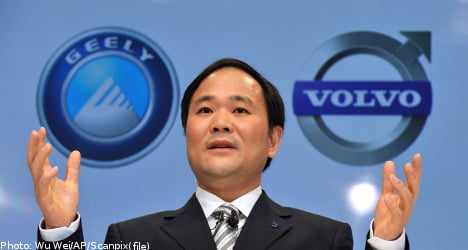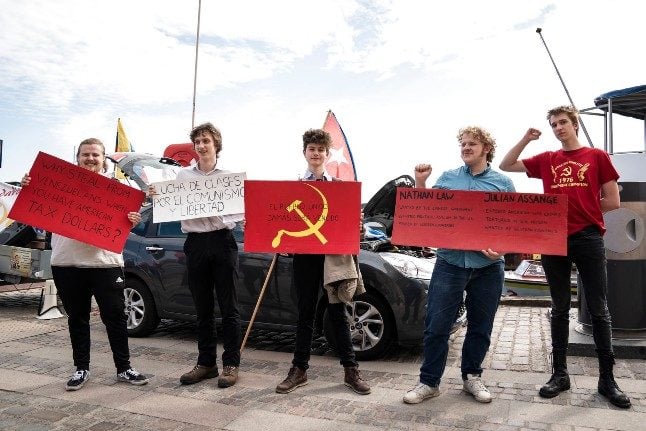Geely, which acquired the Swedish car maker from US giant Ford in August, said in September it planned to increase Volvo sales to 300,000 cars a year in China alone.
Company chairman Li Shufu said he wanted three new Volvo plants in China to produce that volume. However, Volvo’s management wants to hold off on expansion for now, the Financial Times said Friday.
Members of Volvo’s Gothenburg-based management “will not decide about investing if they don’t have a business case with black figures and good margin,” a person familiar with the discussions the British newspaper.
The person described the discussions as “heated, not acrimonious.”
Volvo spokesman Per-Åke Fröberg told AFP on Friday that Volvo and Geely were in talks over expansion in China and that management would take a decision on “the first step of localised production in China…within a couple of months.”
“It’s a natural thing that there are discussions about such an important matter as the Volvo car strategy for China,” he said.
When Geely and Ford closed Volvo’s purchase in August, Li said Volvo would “remain true to its core values of safety, quality, environmental care and modern Scandinavian design.”
He added the brand would strengthen the existing European and North American markets and expand its presence in China and other emerging markets.
Li “has a very strong belief in the future of Volvo in China and has a vision of up to three factories over a long period,” Fröberg said.
“That doesn’t mean that he thinks decisions should not be based upon a firm and sustainable business plan,” he said.
Volvo already builds its S40 and S80 models in China, through a partnership between former owner Ford and Chinese rival Chang’an. The brand is set to sell around 30,000 Volvos in China this year, half of which are imported.
Chinese state media said in October that China, the world’s largest auto market, thad become the third-largest market for Volvo.



 Please whitelist us to continue reading.
Please whitelist us to continue reading.
Member comments